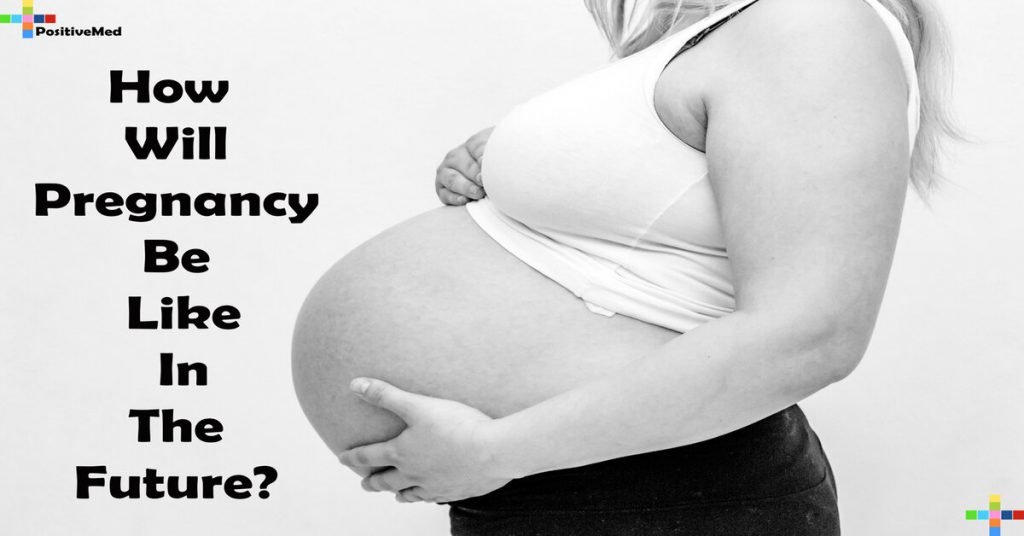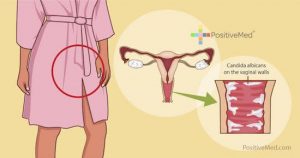How will pregnancy be in the future, you would wonder, when considering the remarkable contribution of scientific advances to date . Enormous advances in medicine and technology since the advent of the twentieth century have transformed pregnancy as we know it. These ongoing advances do offer the possibilities of greater safety and more solutions for pregnancy in the future.

When I take into consideration the advances in science, how will pregnancy be in the future, I ask myself. In response, I find that some of the innovations involved are of great value in pointing to what lies ahead. These include pre-implantation genetic diagnosis (PGD), the 3d /4d ultrasounds and the creation of artificial wombs (AW).
PGD is a procedure involving the screening of embryos usually created through in vitro fertilization for genetic defects. This ensures that only the embryos that are not defective are implanted in the womb. Consequently, the chances of the resulting baby being born with a genetic disease inherited from the parent(s) are reduced. The procedure has raised prospects for designer babies, with parent(s) pre-selecting their gender, hair color or eye color of preference. However, this is controversial and brings into question the ethics of discarding embryos not selected based only on such criteria.
Ultrasounds use sound waves to create images of babies in the womb. Unlike regular ultrasounds, 3D ultrasound creates three-dimensional images while 4D ultrasounds create motion-like images capturing the smiles or yawns. Some parents want 3D and 4D ultrasounds for the first-time photo of their baby – the “keepsake” 3D and 4D ultrasounds. There are doctors who like 3D and 4D ultrasounds for capturing certain birth defects usually missed by standard ultrasounds. However, there is a concern that keepsake ultrasounds can subject babies to more ultrasound exposure that is safe for them.
An AW aids a growing fetus to develop outside of an organism that would normally carry it to term. Alan Flake, a fetal surgeon in Philadelphia, lead a team to invent one and grow a baby sheep successfully. The innovation, called by his team the Biobag, offers preterm babies a more natural womb-like environment for continued development. With prematurity as the leading cause of death for newborns, Flake hopes that it improves the care for extreme cases. However, he cautions against conclusions being made to suggest that the success of his team means humans will be next.
How will pregnancy be in the future therefore, you would wonder, as medicine and technology keep moving forward? It is certain that the manner in which pregnancy is handled shall continue to evolve and change with time. It brings with it some very interesting, encouraging optimistic and promising prospects for pregnancy in the future.








